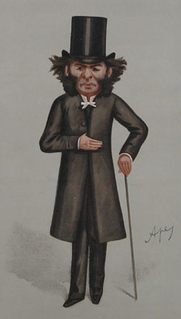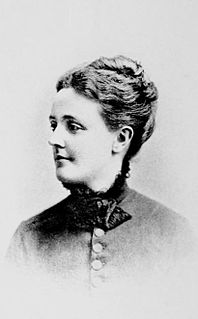A Quote by Martin Buber
The concept of guilt is found most powerfully developed even in the most primitive communal forms which we know... the man is guilty who violates one of the original laws which dominate the society and which are mostly derived from a divine founder; the boy who is accepted into the tribal community and learns its laws, which bind him thenceforth, learns to promise; this promise is often given under the sign of death, which is symbolically carried out on the boy, with a symbolical rebirth.
Related Quotes
Of crimes injurious to the persons of private subjects, the most principal and important is the offense of taking away that life, which is the immediate gift of the great creator; and which therefore no man can be entitled to deprive himself or another of, but in some manner either expressly commanded in, or evidently deducible from, those laws which the creator has given us; the divine laws, I mean, of either nature or revelation.
The laws of thought are natural laws with which we have no power to interfere, and which are of course not to be in any way confused with the artificial laws of a country, which are invented by men and can be altered by them. Every science is occupied in detecting and describing the natural laws which are inflexibly observed by the objects treated in the Science.
In truth, there never was any remarkable lawgiver amongst any people who did not resort to divine authority, as otherwise his laws would not have been accepted by the people; for there are many good laws, the importance of which is known to be the sagacious lawgiver, but the reasons for which are not sufficiently evident to enable him to persuade others to submit to them; and therefore do wise men, for the purpose of removing this difficulty, resort to divine authority.
A good author, and one who writes carefully, often discovers that the expression of which he has been in search without being able to discover it, and which he has at last found, is that which was the most simple, the most natural, and which seems as if it ought to have presented itself at once, without effort, to the mind.
Personality is that which is most intimate to me—that by which I must act out my life. It is that by which I belong to man, that by which I amable to reach after God; and He has given to me this pearl of great price. It is an immortal treasure; it is mine, it is His, and no man shall pluck it out of His hand.
I am not an advocate for frequent changes in laws and Constitutions. But laws and institutions must go hand in hand with the progress of the human mind. As that becomes more developed, more enlightened, as new discoveries are made, new truths discovered and manners and opinions change, with the change of circumstances, institutions must advance also to keep pace with the times. We might as well require a man to wear still the coat which fitted him when a boy as civilized society to remain ever under the regimen of their barbarous ancestors.
In 1979, you had the revolution in Iran. You had the Hudood Ordinances in Pakistan, which are the laws that are notoriously used against women, which are theoretically used against thieves although they're never carried out - an actual amputation or an actual stoning. The blasphemy laws, again, never actually carried out, though they're there, heavy with menace on the statute books.
It is one thing for the human mind to extract from the phenomena of nature the laws which it has itself put into them; it may be a far harder thing to extract laws over which it has no control. It is even possible that laws which have not their origin in the mind may be irrational, and we can never succeed in formulating them.








































